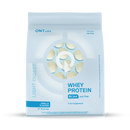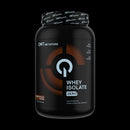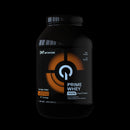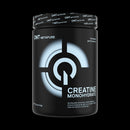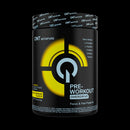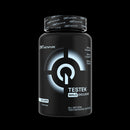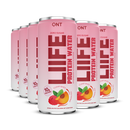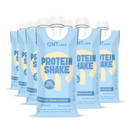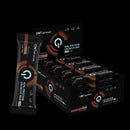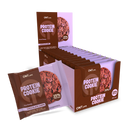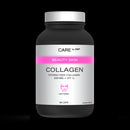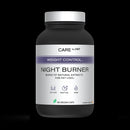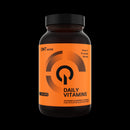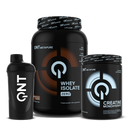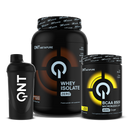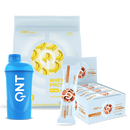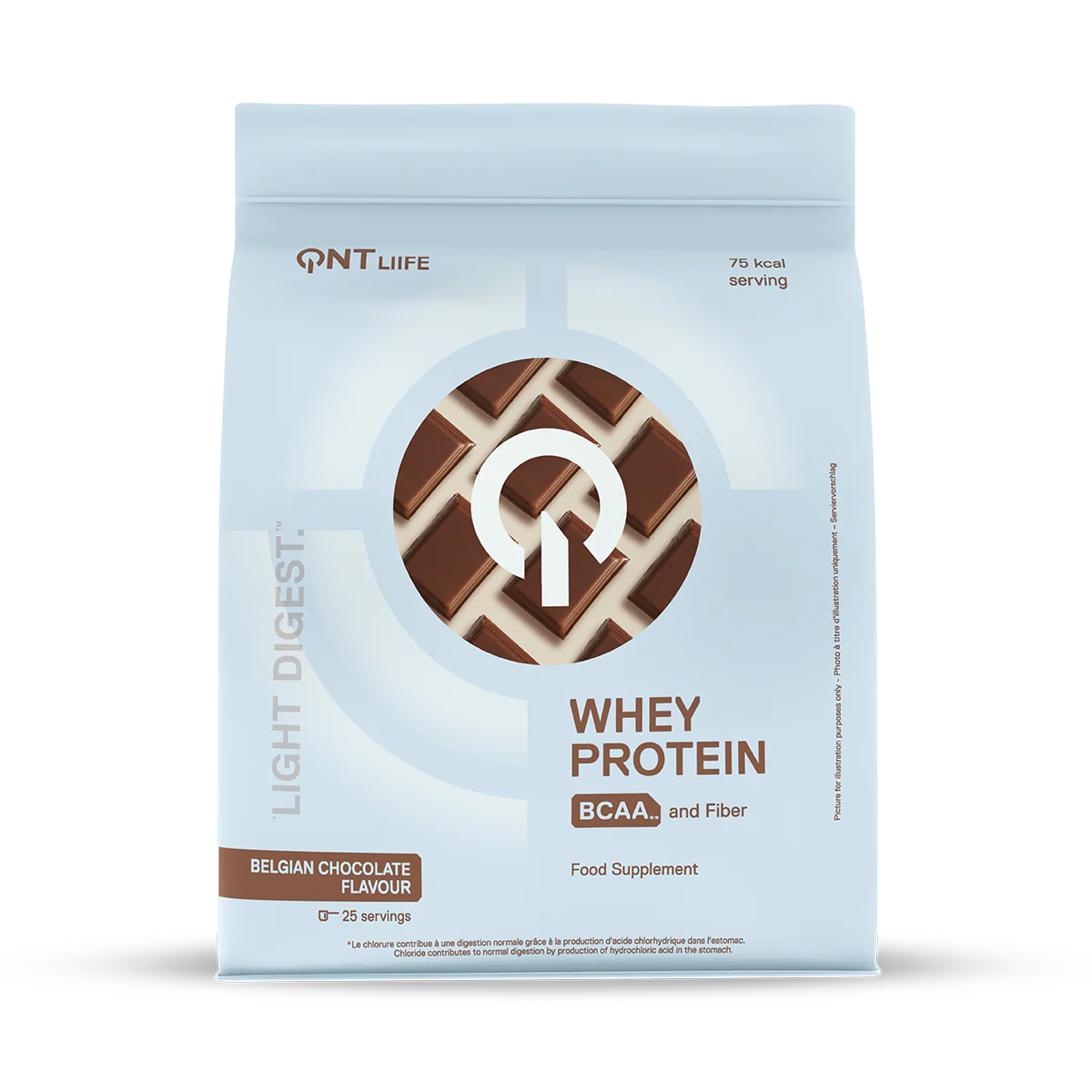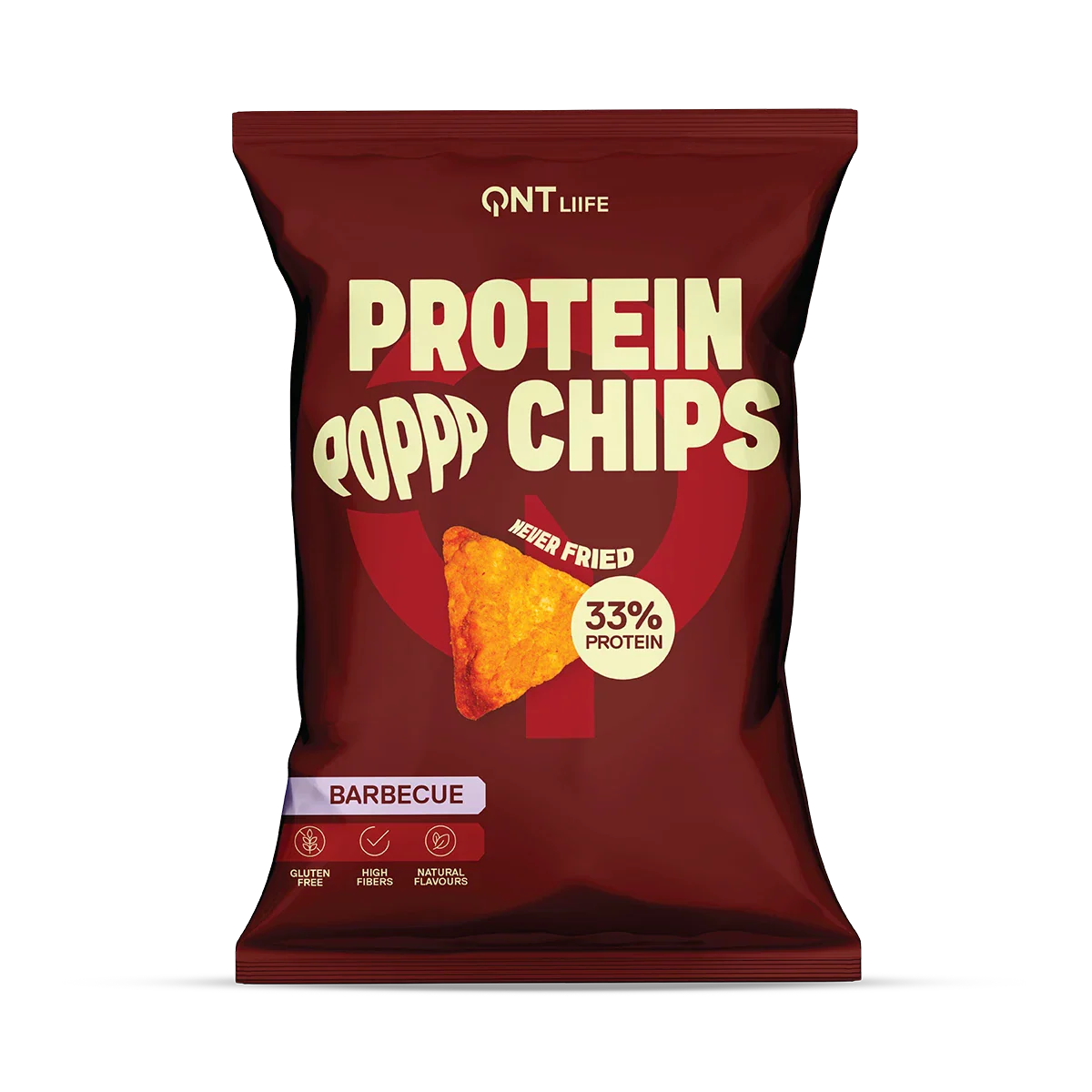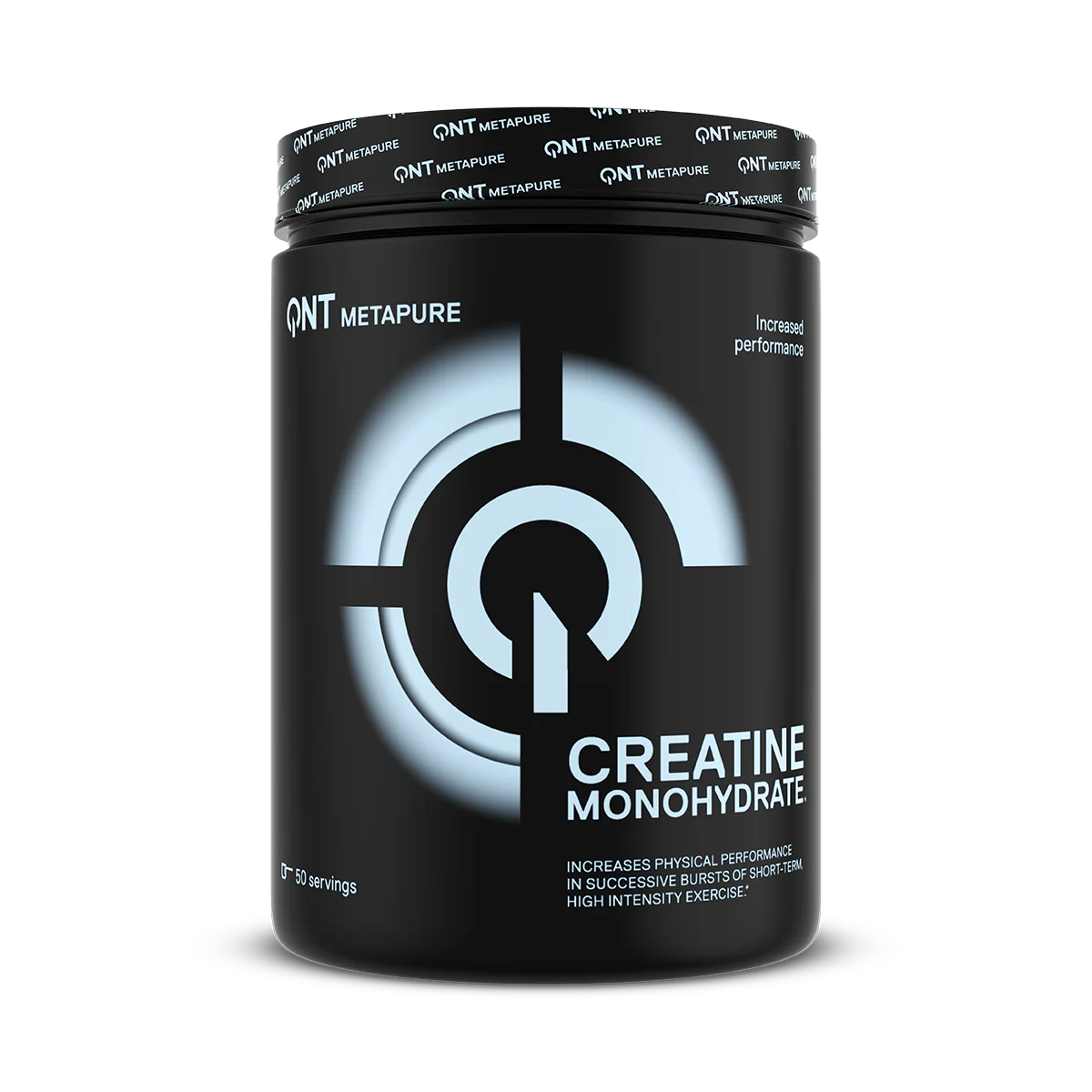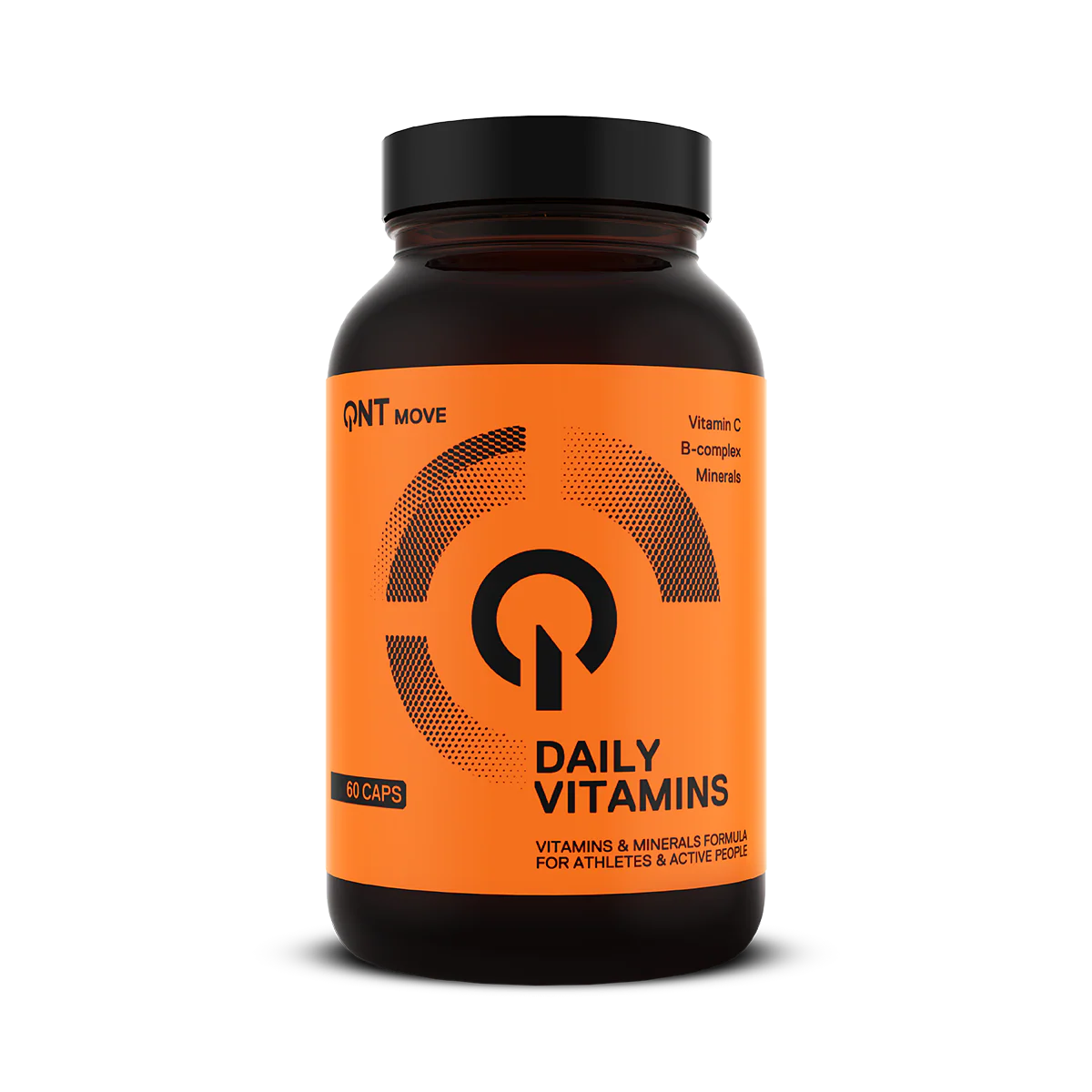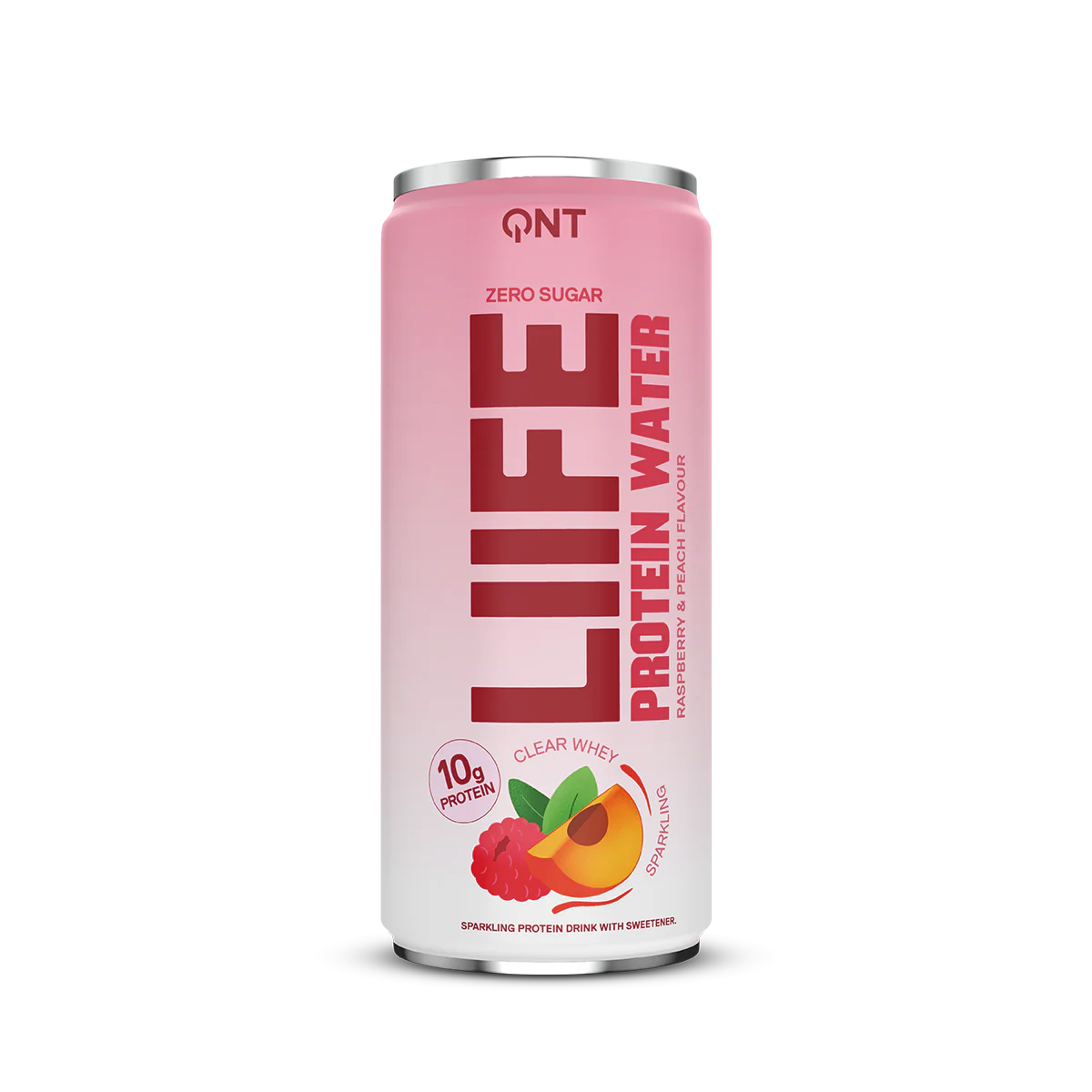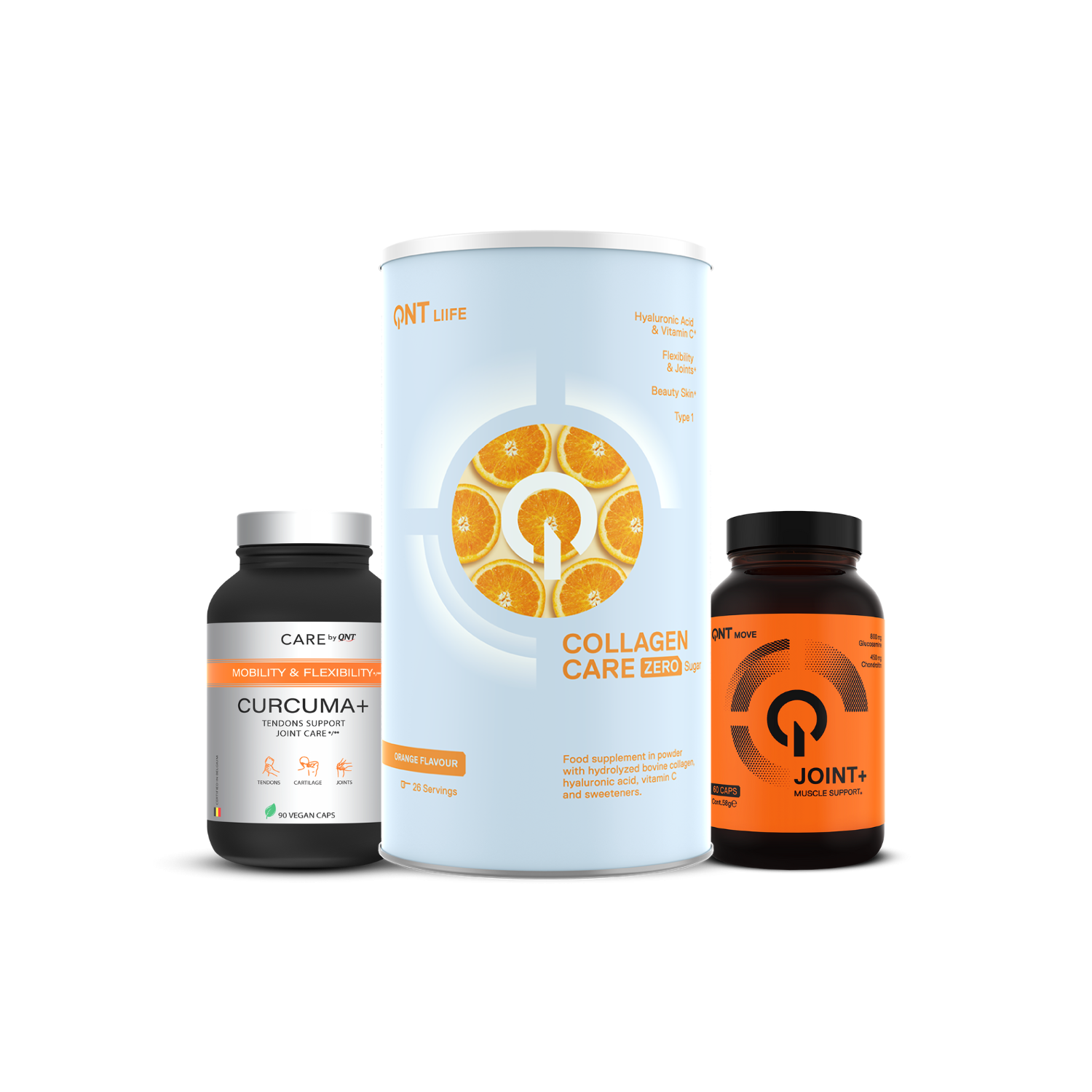 Training
TrainingGroup classes more effective than classroom work?
We often ask this question: which one is the most effective? Group training or individual workout programs in the gym? Let's first consider the two...
Summer body edition for men: How to prepare your body?
Gentlemen ? The return of the sun and its warm rays are almost here! The degrees are slowly but surely rising, but what about your muscles? Ouch! I...
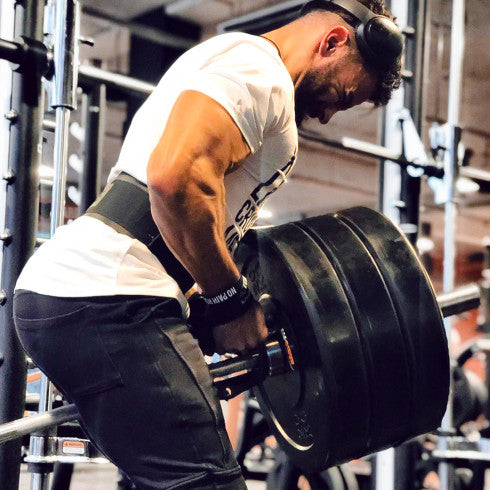 Training
TrainingSHOULD YOU USE A WEIGHT BELT FOR LIFTING?
The next person you see in the squat cage with 20 kg on the bar and a big belt, maybe you can make a comment after reading these few lines.
 Our Tips
Our TipsHow to train flexibility?
The way to train flexibility is often highly controversial. Depending on the sports you practice, you work differently. A dancer and an athlete tra...
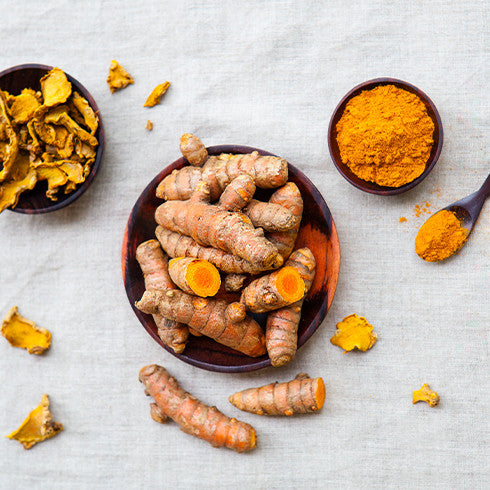 Dietary Supplements
Dietary SupplementsWhy take turmeric?
There are hundreds and hundreds of spices with different properties and turmeric is obviously one of them! It is a spice that is generally quite we...
Which fat burner to choose?
To lose weight and burn fat, there is no secret: you have to do sport and take care of your diet. However, it is possible to speed up the process t...
 Our Tips
Our TipsFasting and sport: 9 tips for training during Ramadan.
Working out during Ramadan is not easy. Not eating from sunrise to sunset is a major challenge for athletes wishing to continue their activities. T...
 Our Tips
Our TipsSummer holidays: How to limit the damage?
On holiday, we often tend to let ourselves go. Unless you're a hardcore sportsman, you tend to abandon your trainers and indulge in a lot of dietar...
 Health
HealthHow to preserve your joints?
We have a total of about 400 joints located throughout the body. We therefore quickly understand why joint problems are quite common. You don't hav...
 Our Tips
Our Tips9 good reasons to do sport.
Sometimes the urge to exercise is not always there. And although we always tell ourselves that this year will finally be the right one to get back ...
 Lifestyle
LifestyleFITNESS AND COACHING.
Currently, low-cost fitness centres bring many people to practice fitness and bodybuilding. But without instructions, it is difficult to progress w...
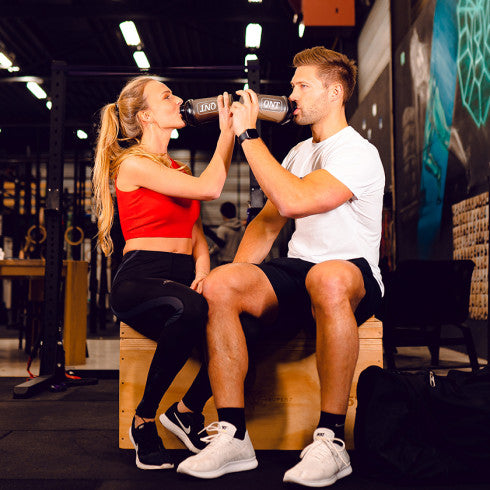 Our Tips
Our TipsDiscover how to take care of your faithful companion: your shaker!
In your bag, in your hand, in your sink, it is everywhere! The shaker is an essential element of any good training. It allows you to consume differ...
 Training
TrainingTHE COME BACK TO GYM.
Sometimes an injury or unforeseen family issues force us to stay away from the gym. It is therefore not uncommon to have to resume training after w...
 Our Tips
Our TipsHOW TO DRESS AT THE GYM?
Each profession has its own appropriate outfit: the doctor in a white coat, the soldier in uniform, the mason in a work uniform. In short, it is no...
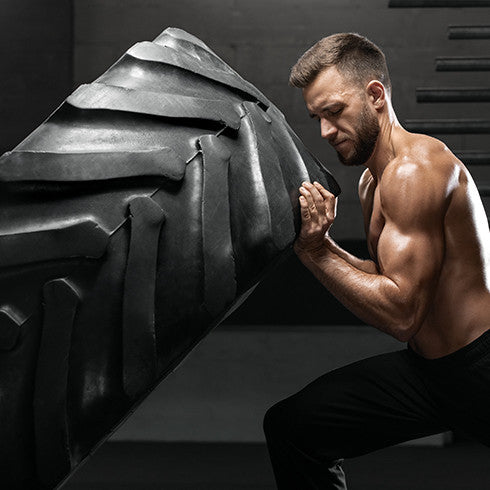 Training
TrainingThe training of high level athletes.
Each sport requires different skills but, currently, to reach high levels, it is essential to have a good physical condition. It is quite obvious i...
 Lifestyle
LifestyleFocus on World Tennis Day.
This Thursday, March 4, we celebrate International Tennis Day. Launched in 2013 by the ITF (International Tennis Federation), this day aims to prom...
 Our Tips
Our TipsA real "six-pack"!
When was the last time you saw a male model without perfect abs? The famous "six-packs" ... Even women are becoming trendy with a six-pack. It has ...
 Health
HealthComment éviter la fragilisation de vos os et améliorer leur solidité ?
Savez-vous combien d’os possède votre corps ? Ce dernier possède exactement 206 os au total, ce qui est énorme ! En général, ils servent comme char...

